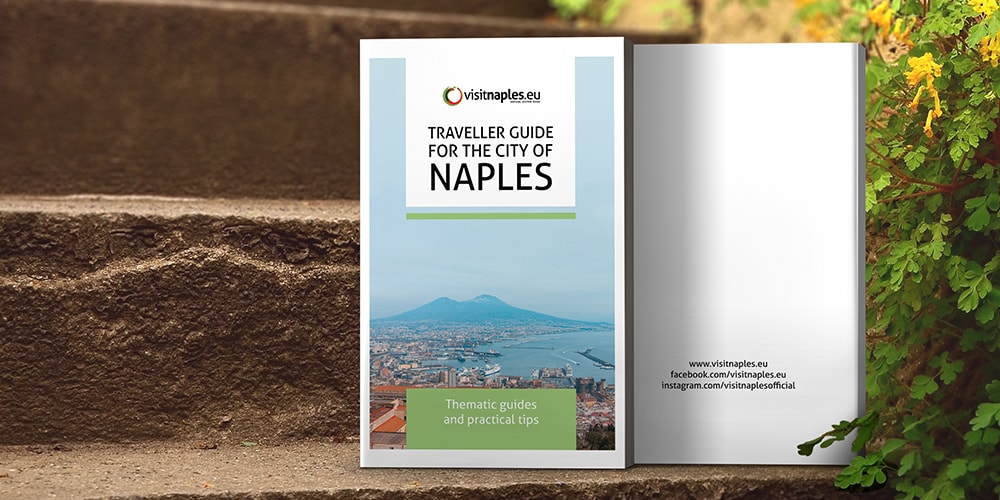The inspiration of Matilde Serao
The natural and artistic beauties of the city of Naples and its surroundings have inspired the creation of a great number of myths and legends linked to the most iconic places of the city. Indeed, it only takes a walk around the Neapolitan streets to find artistic fragments coming from an ancient past, or to admire natural beauties and landscapes which, through time, have inspired the imagination of a lot of poets, artists and writers.
Maybe, it was that kind of fascination that inspired the famous writer Matilde Serao to imagine the hill of Posillipo and the isle of Nisida – placed one in front of the other – as the protagonists of a tragic story of an impossible love. The writer, in her book “Neapolitan Legends”, imagined that Posillipo was once a young, sweet, joyful and sensible boy, surrounded by friends and people thanks to his kind spirit. The boy fell intensely in love with a countryside girl, Nisida, whose beauty was outstanding, but her soul was cold, insensible and mean: she made her victims fall in love with her, condemning them to the despair of an unreturned love. The young Posillipo did not escape that sad destiny, and his pain was so unbearable that, incapable of admiring the beauty of Nisida without being loved back, decided to take his life away throwing himself in the waves of the sea.
But Fate decided to transform both of them into two natural and separate entities: the young boy became the hill of Posillipo that we all know, intended to welcome visitors and admirers from all over the world thanks to its beauty. Indeed, it is not a case that the meaning of the word Posillipo comes from the Greek word “Pausilypon”, meaning “what makes the pain cease”. The girl, instead, became the isle of Nisida which, although maintaining its beauty, is destined to become a place of prisony, evil and sadness: indeed, on this isle there is the Juvenile Detention Center.
Placed like that, Posillipo and Nisida are intended to look at each other and being close forever, but they cannot ever rejoin, becoming so the emblem of that impossible love that characterized their mortal lives.
So eternal the reward, so eternal the punishment.Matilde Serao










Lascia un commento